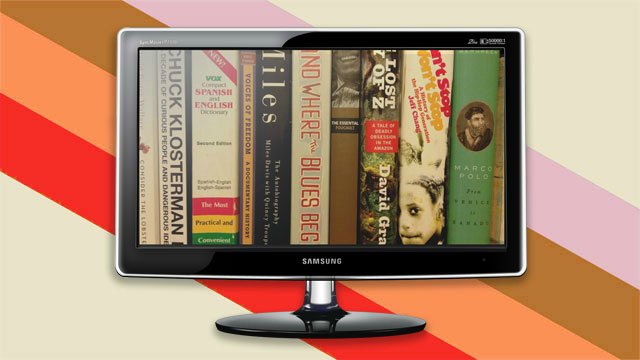Laptops In The Classroom: Why It Is Silly To Assume We Should Be Banning Them
Typing and reading from screens is less effective and efficient for one’s memory than doing the same thing on paper. Many state that the act of handwriting requires more mental effort, and therefore the written text internalizes better. In turn, typing does not require as much effort and allows a person to wander off, and type away mindlessly.
Research suggests that this statement is only partially true. Yes, the difference in the medium that is chosen to write with could alter a cognitive process. But assuming that this is a definite and established phenomenon, would be a slightly short-sighted presumption.

In 1882 beloved philosopher Nietschze bought a typing machine, as his vision was failing and he was not able to focus on handwriting anymore. One of Nietschze’s friends did in fact notice that Nietschze’s writing equipment altered his prose. His prose was more telegraphed and staccato. Nietschze acknowledged the influence:
“You are right, our writing equipment takes part in the forming of our thoughts”.
The thing is, Nietschze was not used to the writing machine. He had written for decades by hand, and suddenly had to change his writing equipment. However, after the emergence of the typing machine, and the computer, I challenge you to find anyone who liked writing a 400 page book by hand.
Here is where I would like to get back to the statements that claim laptops in the classroom should never really be allowed: The effect is highly unlikely to be permanent. In fact, it would by slightly short sighted to think so.
Digital Natives Vs. Digital Immigrants
Much research has been done on the battle between pen and paper versus the keyboard: Some research shows a positive effect on (academic) performance when students use pen and paper. Others state that performance increases when a computer is used. In short, the results are inconclusive.
Whilst the world is discussing a paper vs. computer battle, would it not be more accurate to discuss a digital native versus digital immigrants battle?
These mixed results are also due to metacognitive experience: Students who don’t learn to study with a laptop from the beginning, will have more difficulty handling one later on. This lack in skill can cause extra cognitive load, which impairs their ability to process or produce information in an optimal, thorough way. Thus, it could be argued that it is not necessarily the screen that is to blame; it is the habit that our students have been brought up with. Allowing laptops in the classroom at an earlier stage could solve this problem.
Today we find ourselves on an educational border of digital natives and digital immigrants: Our students of today have experienced an online world in their childhood, but have not experienced it in their educational upbringing. Furthermore, most of our educators have not studied with laptops in the classroom, and have maybe not been formally taught to incorporate the digital world into their classrooms.
Therefore, it is interesting to see how the results in effectiveness will change, once the children of today become scholars and students: Will those digital natives also be permanently disadvantaged by technology in their classrooms? We highly doubt it.

